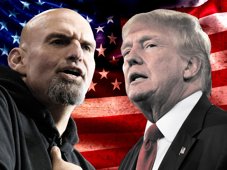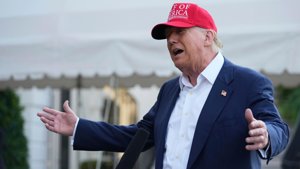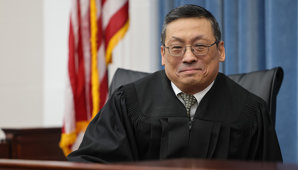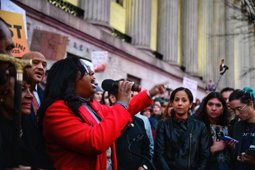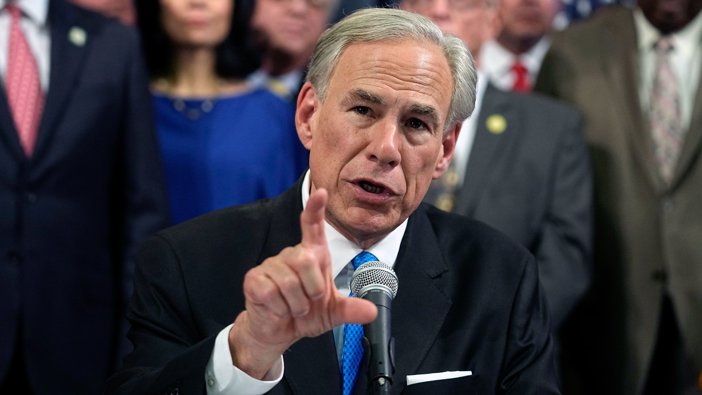
Texas Moves to Ban Non-Citizen Voting
Gov. Abbott signs resolution clarifying only U.S. citizens can vote in Texas; measure heads to voters in November.
Abbott Signs Constitutional Amendment Resolution
Texas Governor Greg Abbott announced Monday that he signed a joint resolution aimed at amending the Texas Constitution to make it explicit that only U.S. citizens are allowed to vote in state elections. The resolution, introduced as Senate Joint Resolution (SJR) 37, was proposed by State Senator Brian Birdwell and passed both chambers of the Texas legislature earlier this year.
In a video posted to social media, Abbott stated, “I just signed off on a joint resolution to make it crystal clear under the Texas Constitution that if you are not a citizen of the United States of America, you are not allowed to vote in Texas.”
While the Texas Constitution already restricts voting rights for individuals under 18, those found mentally incompetent by a court, and convicted felons, the proposed amendment seeks to formally add non-citizens to the list of those prohibited from voting. The amendment adds the clause: “persons who are not citizens of the United States.”
The joint resolution was approved by the state senate in April and cleared the state house in May. With Abbott’s signature, the measure now advances to a public vote. Texas citizens will decide in November whether to ratify the proposed change to the state constitution.
National Debate on Voter Citizenship Requirements
The Texas resolution comes amid a broader national debate on voter eligibility and citizenship verification. Twenty-five states, including Texas, are currently considering legislation that would impose proof-of-citizenship requirements for voting, according to the Voting Rights Lab. Fifteen state constitutions already explicitly prohibit non-citizen voting.
The issue has also been the subject of recent federal court action. Last month, U.S. District Judge Colleen Kollar-Kotelly blocked two provisions of a March 25 executive order signed by President Donald Trump. The provisions required the Election Assistance Commission to mandate documentary proof of citizenship on national voter registration forms and directed federal agencies to assess citizenship before offering voter registration to individuals on public assistance.
In her ruling, Judge Kollar-Kotelly wrote, “Our Constitution entrusts Congress and the States — not the President — with the authority to regulate federal elections.” She emphasized that no law grants the executive branch the power to bypass Congress on such matters.
As the Texas measure moves toward the ballot box, it highlights the growing state-level momentum to define and enforce voter eligibility along citizenship lines. Supporters argue the amendment will protect election integrity, while critics contend it could lead to voter suppression or confusion.
The outcome of the November vote in Texas could influence similar legislative efforts across the country, as lawmakers continue to navigate the legal and political challenges surrounding voter access and citizenship verification.


